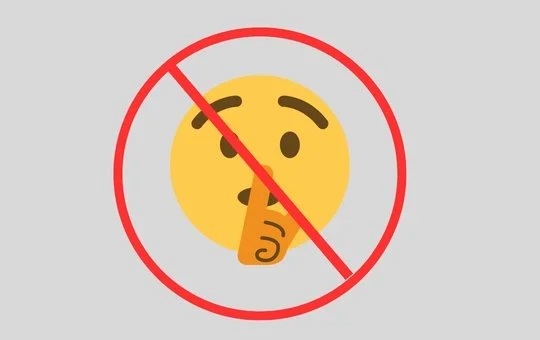Don't be quiet about taking on more job responsibilities. Here's how
I recently had a post go a little viral (for me) on LinkedIn. It was about a story by Fast Company titled "Have you been ‘quietly promoted’? Here’s what to look out for."
The story focused on being given more responsibility at work without changes to title or salary, and it offers advice to workers and a warning to employers about the inherent problems.
For me, the phrase "quietly promoted" struck a nerve.
It puts a positive spin on something that has not happened. If you're being given more work and responsibilities without additional compensation or a new title, then it's not a promotion.
A few weeks after I posted this, my comment thread started to light up. It struck other people's nerves, too. The post now has more than 580 comments and over 470 reposts.
As you can imagine, great debates ensued. There were people who have been given more responsibilities and later leveraged it for a higher paying job; people who spoke up when it happened and either were rewarded or not; people who say it's part of proving your value as an employee; people who left when the job became untenable.
We also cannot ignore the gender and racial dynamics involved.
All of these experiences are valid. I have had them, too!
In my 20-plus years in journalism, I have taken on plenty of extra responsibilities without extra pay or a title change. I have asked for a raise because of it and been denied.
But just because it has happened does not mean it should continue.
As part of my work coaching and training people in inclusive leadership, we talk about the importance of transparency and clarity for building trust.
Transparency includes explanation, documentation and setting expectations.
Of course there will be times when an employee will be asked to take on extra duties to fill an immediate need. Of course you want to see if someone can be ready for a promotion by giving them new challenges. Of course there will be times when you cannot immediately offer money.
Here are some ideas on where you have the power to change the system.
What you can do as a manager or employee
As a manager or leader, if you have to ask someone to take on more work, you should also:
Set clear expectations of what the responsibilities are and how long it will last.
Offer ideas of what current responsibilities can be dropped to take on the new ones.
Talk to your bosses about getting compensation for the person.
As an employee, if you're asked to take on more work, you should:
Ask for clarity on the expectations, length of assignment, compensation.
Put your understanding of the assignment in writing, in an email to your boss.
Think about how your new work can set you up for the next job that you want. Share that with your boss in regular check-ins.
In short: DO NOT BE QUIET about it. Don't give or take on the extra work without expecting or asking questions.
Thoughts from LinkedIn community
I read a lot of the comments to the original post. Many had some great insights and experiences and I want to share a few here that I found helpful:
From Luke Giesecke:
When given a temporary increase in workload, ask for a bonus based on hard data. If the workload is a permanent increase due to someone leaving — ask for a promotion based on the circumstances!
IF a raise or title change is out of question, explore other perks to ask about. More PTO paid time off or one-time bonus.
Take notes based on new tasks added to your job position; put it in writing. By having clear changes to: compensation, benefits, title; it addresses expectations and new assignments. Document these terms to protect yourself.
Account for how long each task takes and discuss facts when something isn’t in-line with the job position presented. Map out how much time it takes to do a task and compare it to the responsibilities that you originally discussed in the interview. Present the facts to the manager. Actionable next steps?
Questions to assess your situation: What is my gut telling me?
What sacrifices will I need to make to make this job work?
What are things that I don't want to give up?
Am I hopeful that things will work out or relieved if they chose somebody else?
My ultimate advice: Do not settle. Move on if you must.
From Michelle Stimpson: I had a quiet promotion of sorts that came with a stipend, but stipends don't figure into retirement calculations. I needed that money in my actual salary. I consulted with three other women I trusted/respected and they walked me through a means of negotiating a raise by comparing my new role with the role of other employees at my job and their higher pay grade scale. (It was an actual T-chart.) After several months, I got a raise (not all that I asked for, but decent). The process did take some extra work on my end to document, have several meetings, etc. It was not a fun process, but it did teach me to advocate for myself, and it made things easier for some folks who came after me.
From Christopher Crowder: The idea that, "responsibility and work is, in and of itself, a reward" presumes that the employer is doing the employee a favor by allowing them to have their job. Additionally, it presumes that the natural state of things is for human beings to be like bees and find their entire identity in the work they do. I reject both of those concepts.
From Chuck Gollnick: Within the organization, seeing colleagues recognized and promoted is exciting and motivating. It’s tangible affirmation that the organization you work for is successful and rewards those who create that success. And it’s motivation to become part of creating that success.
And this from Sarah C.M.: We cannot change it if WE are quiet.

